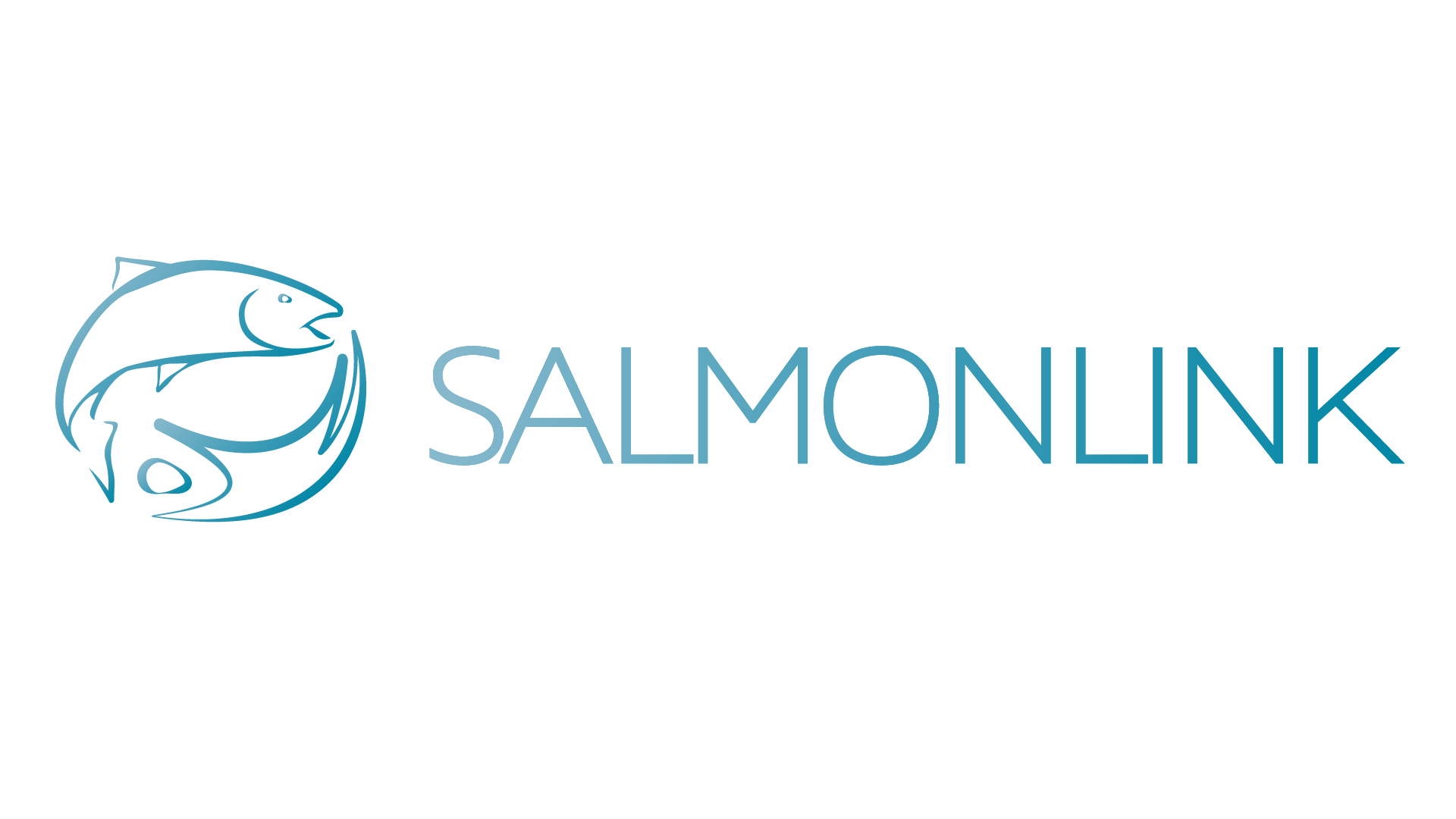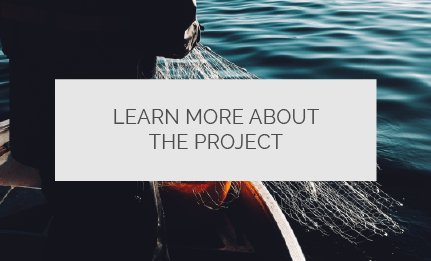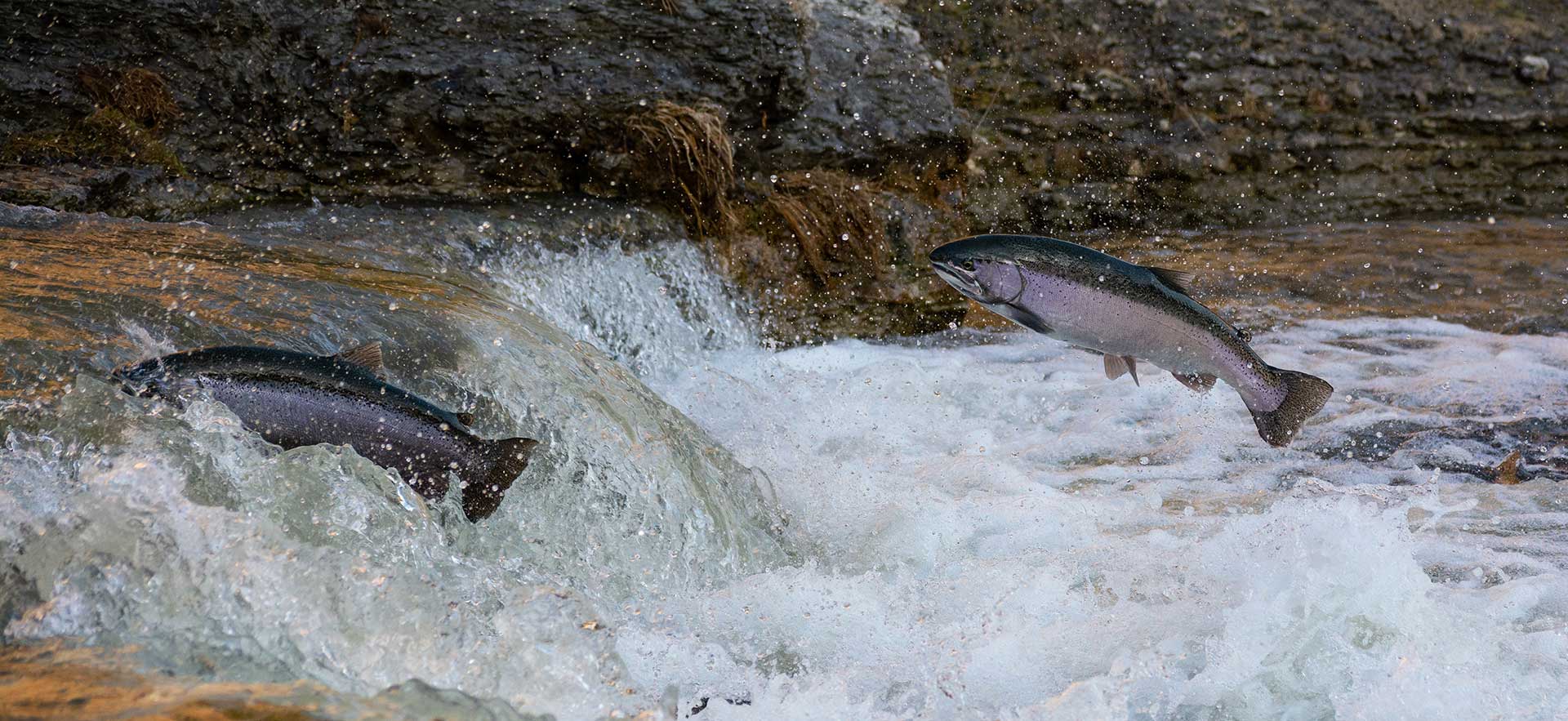
Conservation & Threats
Atlantic salmon has a higher socio-economic value mainly due to its interest for recreational fishing, especially fly fishing, and is very important for local gastronomy. In some countries, such as Norway and the United Kingdom, this species is targeted by intensive aquaculture.
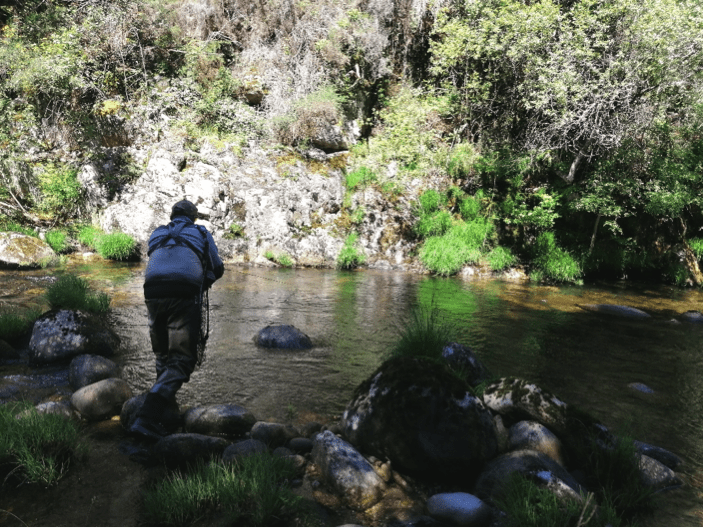
Fly fishing
Conservation & Threats
Atlantic salmon is currently classified as “Critically Endangered” – CR, according to the Portuguese Red List of Vertebrates. The main threat for this species is the habitat loss caused by dam construction and other barriers to the longitudinal connectivity of rivers. Other factors, such as aquatic pollution, the degradation of riparian galleries, the sand and gravel extraction, and the water extraction for different uses, have contributed to the degradation of the preferred habitats for this species. Knowing that Portuguese populations are in the southern limit of the species distribution, the global climatic change, with the progressive warming and increased periods of drought, contribute to increasing the impacts caused by habitat reduction.
Intensive fishing activity is another factor that significantly affects this species, especially in marine feeding areas and during their spawning migration, in addition to the mortality resulting from illegal fishing.

